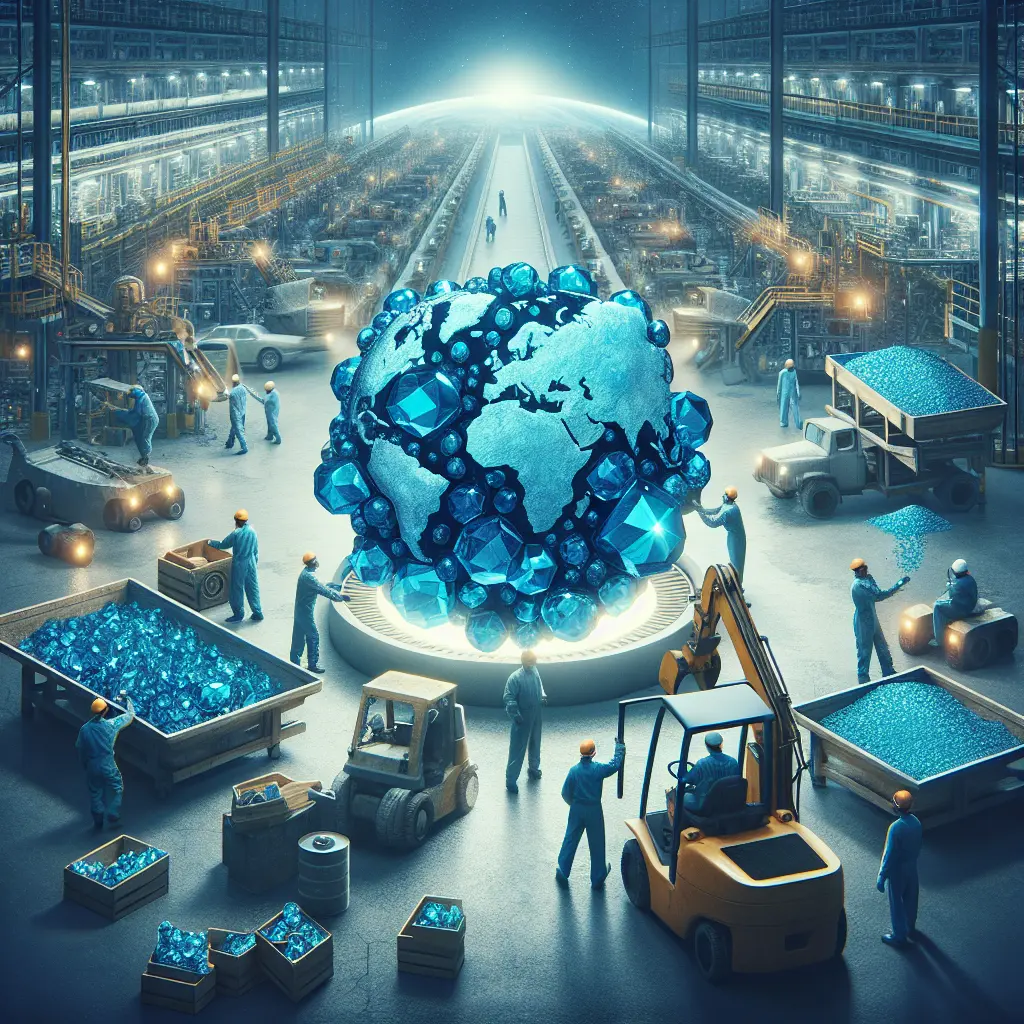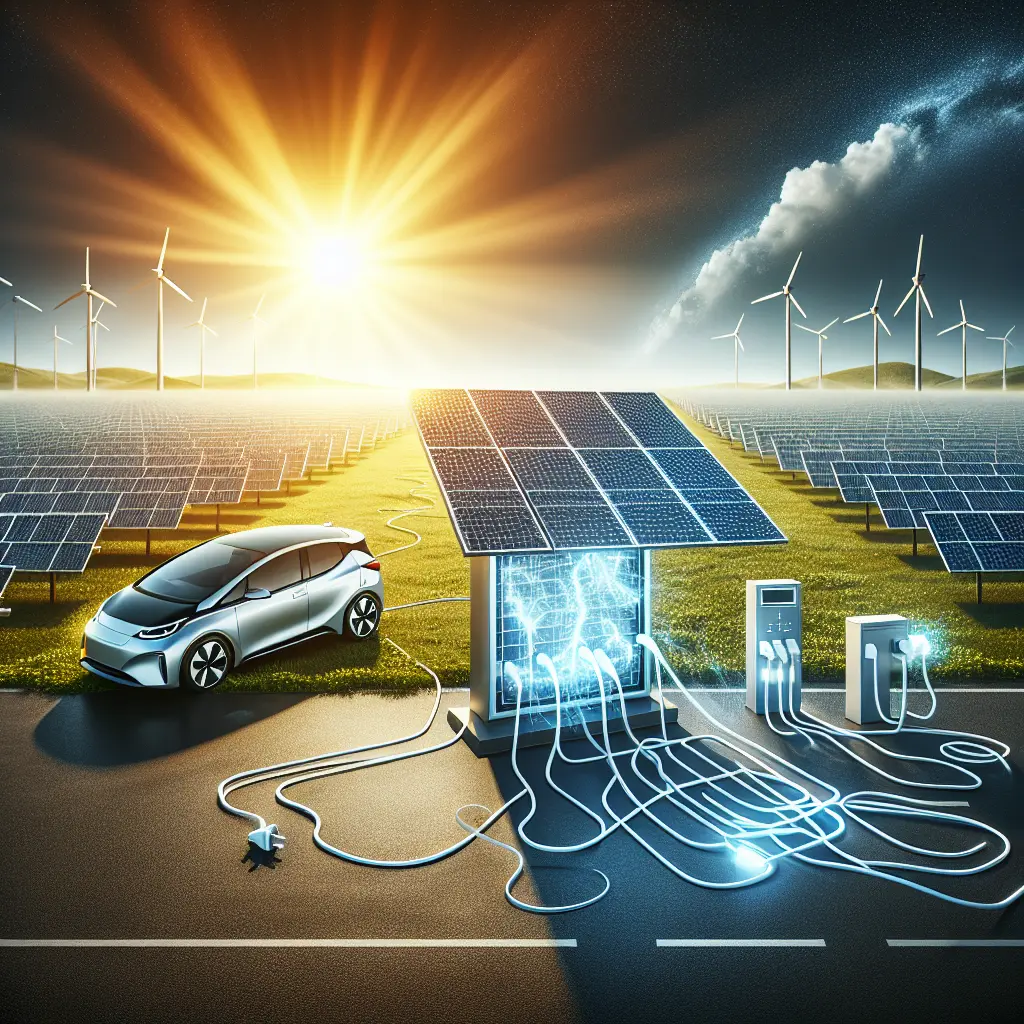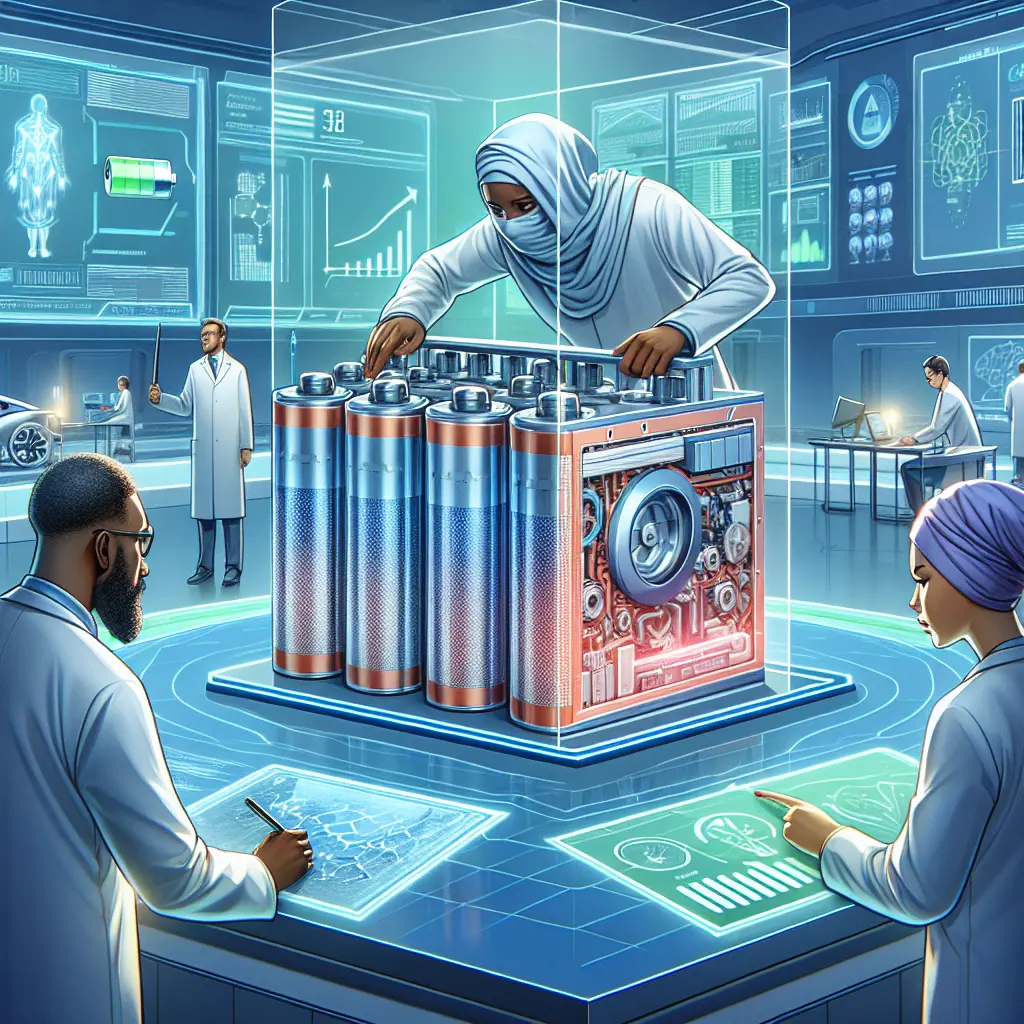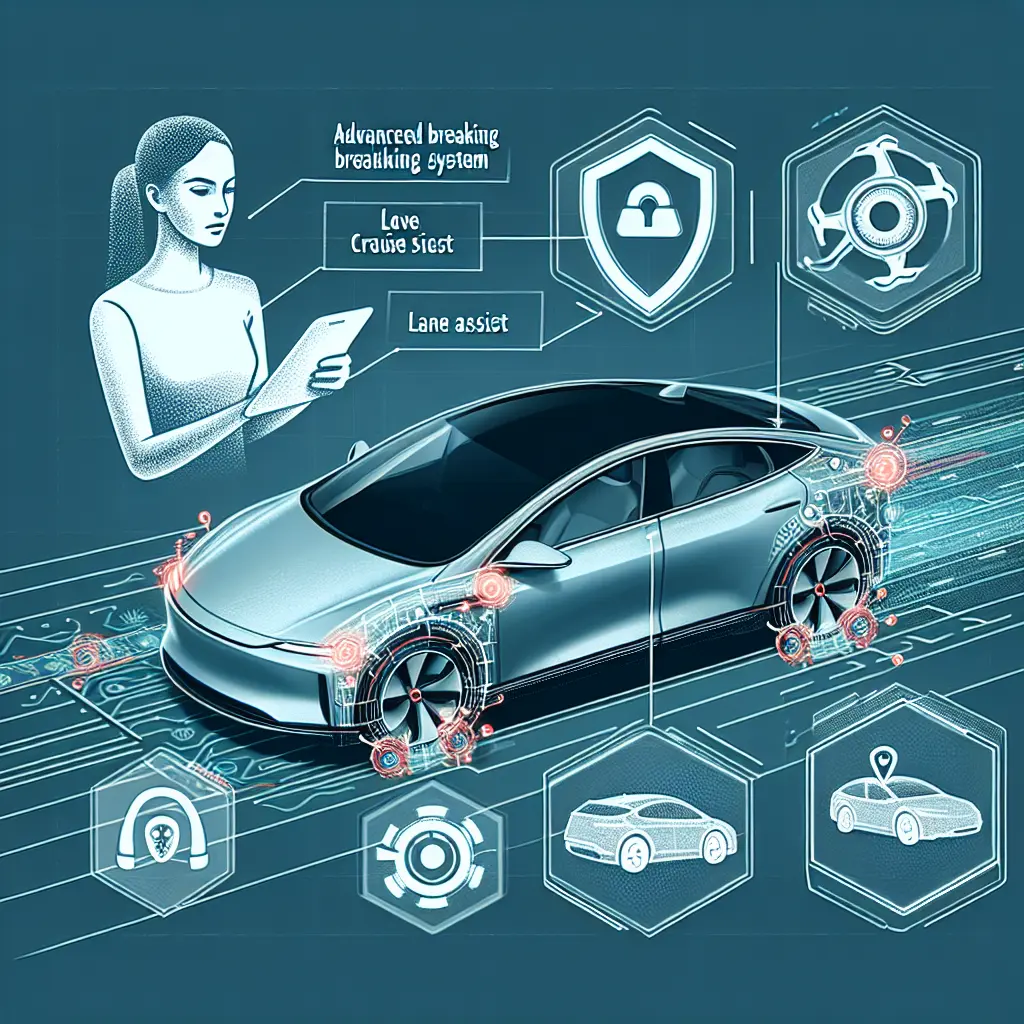In the race towards a sustainable future, electric vehicles (EVs) stand out as beacons of innovation and environmental responsibility. Leading the charge is Tesla, whose commitment to revolutionizing transportation extends beyond just manufacturing electric cars. A crucial component of these vehicles is cobalt, used in lithium-ion batteries that power EVs. However, cobalt mining practices have been under scrutiny due to ethical concerns and environmental impacts. In this context, Tesla's approach to ethical cobalt sourcing is not just a component of its supply chain strategy but a reflection of its broader clean energy commitment and corporate responsibility.
Cobalt is integral to the efficiency and longevity of electric vehicle batteries. However, the mining of cobalt has been tainted by issues such as child labor, human rights abuses, and severe environmental degradation, predominantly in the Democratic Republic of Congo (DRC), which produces over 60% of the world's cobalt. Recognizing these challenges, Tesla has been proactive in transforming its cobalt sourcing strategy to align with its corporate ethos of sustainability and ethical responsibility.
Tesla’s supply chain for battery materials, including cobalt, is structured around minimizing environmental impact and ensuring that the materials are conflict-free. The company has committed to sourcing cobalt only from suppliers that adhere to strict ethical mining standards. This involves rigorous vetting processes and audits conducted by third-party organizations to ensure compliance with human rights standards.
In response to growing scrutiny over cobalt mining practices, Tesla has been at the forefront of initiatives aimed at ensuring sustainable cobalt sourcing. The company has actively participated in responsible mining initiatives that promote ethical mining standards. These initiatives seek to eliminate child labor and reduce the environmental degradation associated with cobalt extraction.
Tesla's commitment extends beyond mere participation; it involves collaboration with other industry leaders and governments to set up a regulated supply chain that guarantees the traceability of cobalt from mine to market. This ensures that the cobalt used in Tesla battery materials is sourced responsibly and sustainably.
Reducing Cobalt Dependency
Tesla is not only focusing on making its cobalt supply chain more ethical but also on reducing the amount of cobalt needed in its batteries. Recent advancements in battery technology have enabled Tesla to decrease the cobalt content in its batteries by substituting it with other less controversial materials like nickel. This shift not only helps mitigate the ethical issues associated with cobalt but also aligns with Tesla’s clean energy commitment by reducing the overall environmental impact cobalt mining has.
The environmental impact of cobalt mining is significant, with issues ranging from soil erosion to water pollution and destruction of ecosystems. Tesla’s approach to minimizing this impact involves strict environmental guidelines for its suppliers, mandating sustainable practices and technologies that reduce pollution and promote ecological balance.
Moreover, Tesla's push for innovation in recycling used electric vehicle batteries also contributes to reducing the demand for newly mined cobalt, further lessening the environmental footprint.
Despite Tesla’s significant strides in ethical cobalt sourcing, challenges remain. The global demand for cobalt is expected to surge as the EV market grows, potentially straining ethical sourcing practices. Tesla continues to explore alternative materials and technologies that could eventually eliminate the need for cobalt altogether, thus sidestepping these ethical quandaries.
Tesla’s Corporate Responsibility and Human Rights Commitment
Tesla’s efforts are an integral part of a larger industry-wide movement towards more responsible mineral sourcing. As other companies follow suit, it could lead to broader changes in how critical minerals are extracted and processed globally.
Tesla's approach to cobalt sourcing is a testament to its broader commitment to human rights in mining. By setting high standards for suppliers and actively engaging in industry reforms, Tesla not only ensures its own supply chain integrity but also pressures the entire industry towards greater transparency and ethical practices.
Tesla's strategy for ethical cobalt sourcing represents a multi-faceted approach that includes enhancing supply chain accountability, adopting innovative technologies to reduce cobalt use, and leading industry-wide initiatives to promote responsible mining practices. Through these efforts, Tesla not only secures a sustainable source of essential materials for its electric vehicle batteries but also reinforces its position as a leader in ethical corporate conduct and environmental stewardship.
As we continue to witness the adverse effects of irresponsible mining practices on communities and environments, Tesla’s proactive strategies offer a hopeful glimpse into a more sustainable and ethically conscious future. By prioritizing human rights and environmental integrity, Tesla is not just making better electric vehicles; it is driving the change towards a more responsible global mining industry.










Leave a Comment